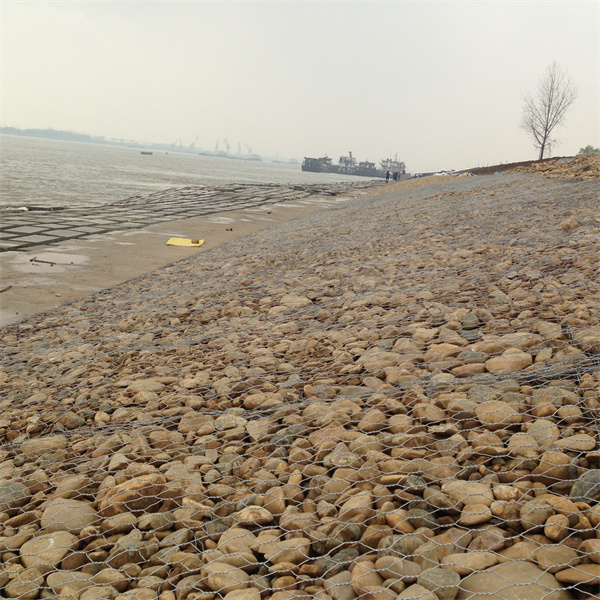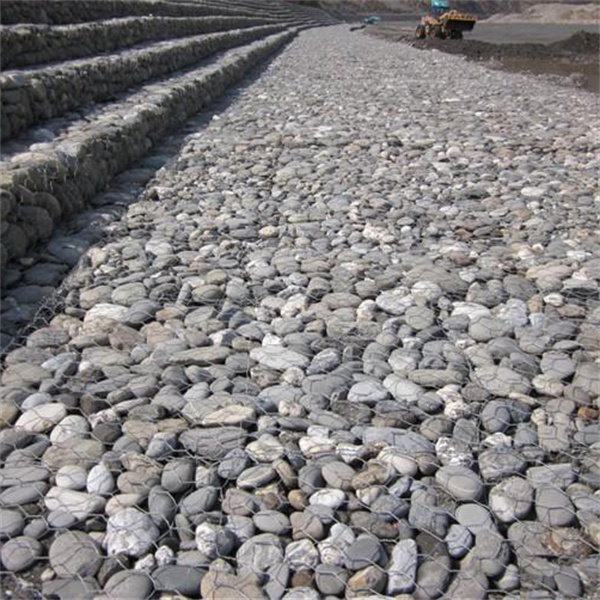ஜூன் . 02, 2025 15:07 Back to list
Stone Cage Net Suppliers & Factories Durable, Custom Gabion Solutions
- Industry demand and engineering significance of stone cage net
s - Material technology and structural innovation advantages
- Comparative evaluation of global stone cage net suppliers
- Custom fabrication processes and technical specifications
- Performance metrics and erosion control test results
- Infrastructure case studies across various geographies
- Environmental impact and long-term sustainability benefits

(stone cage net)
Understanding Engineering Solutions for Erosion Control
Civil engineering projects worldwide deploy over 300 million square meters of stone containment systems annually for critical infrastructure protection. Wire mesh containers filled with local rock materials create flexible yet stable barriers against hydraulic forces and soil displacement. These systems have become fundamental elements in modern erosion control strategies.
Advanced Material Technology
High-tensile steel alloys with minimum 3.5mm galvanized coating form the structural backbone of premium stone cage nets. The advanced zinc-aluminum formulation provides 6-8 times longer corrosion resistance than standard galvanization in saline environments. Innovative double-twist hexagonal mesh configuration creates a self-adapting structure that maintains integrity under dynamic loading conditions. When rock fill settles, the mesh contracts without compromising structural continuity, achieving consistent load distribution.
Supplier Capability Comparison
| Manufacturer Type | Production Volume | Material Standard | Lead Time | Quality Certification |
|---|---|---|---|---|
| Global Supplier | 500,000+ m²/month | EN 10223-3 | 4-6 weeks | ISO 9001/14001 |
| Regional Factory | 150,000-200,000 m²/month | ASTM A975 | 2-3 weeks | Local Standards |
| Specialized Workshop | <50,000 m²/month | Client Specification | 1-2 weeks | Project Certification |
Custom Fabrication Parameters
Engineering teams specify dimensional parameters based on hydraulic modeling and geotechnical surveys. Standard units range from 2x1x1m to 4x1x1m configurations, while specialized projects may require 6-meter lengths or trapezoidal designs. Mesh opening tolerance is maintained at ±3% of specification with panel strength ranging from 35-50 kN/m depending on wire gauge selection. PVC-coated variants provide additional protection in pH extremes, maintaining flexibility down to -25°C. Production facilities equipped with CNC mesh expanders achieve dimensional accuracy within 2mm across entire production batches.
Performance Validation Metrics
Independent testing confirms superior hydraulic performance characteristics. Testing at hydraulic research facilities demonstrates consistent performance at flow velocities exceeding 5m/sec with shear stress resistance up to 200 N/m². Filled system density reaches 1,700 kg/m³, creating stable barriers that withstand flood events with return periods exceeding 50 years. Accelerated weathering simulations project 75-year service life in freshwater environments and 50-year longevity in coastal applications.
Global Implementation Cases
Channel stabilization along Mississippi River tributaries utilized 186,000 m³ of double-twist mesh containers, reducing bank erosion by 92% in monitored sections. Highway construction through Nepal's mountainous terrain required precisely engineered installations with 500 kN/m strength panels to prevent rockfall disasters. These systems permitted construction of retaining structures on 45-degree slopes where conventional methods proved impractical. Coastal defenses in the Netherlands now incorporate multilayer configurations achieving wave attenuation coefficients of 0.82 during North Sea storms.
Ecological Protection Through Proven Solutions
Beyond immediate erosion control functions, these permeable structures create riparian habitats and support ecological succession. Projects along the Rhine demonstrate 40% faster vegetation colonization compared to concrete alternatives. Modern stone cage net factories have reduced production emissions by 34% since implementing electric resistance welding technology. The inherent sustainability makes these solutions preferred for responsible infrastructure development worldwide. Qualified stone cage net suppliers ensure engineering compliance from design consultation through project lifecycle support.

(stone cage net)
FAQS on stone cage net
Q: What is a stone cage net used for?
A: A stone cage net, also called a gabion cage, is a wire mesh container filled with stones. It is primarily used for erosion control, slope stabilization, and retaining walls in construction and landscaping projects.
Q: How to choose reliable stone cage net suppliers?
A: Look for suppliers with certifications like ISO, proven industry experience, and positive customer reviews. Ensure they offer customizable sizes, corrosion-resistant materials, and timely delivery services.
Q: What materials are stone cage net factories using?
A: Factories typically use galvanized steel or PVC-coated wire for durability and rust resistance. High-quality factories adhere to international standards like ASTM or EN to ensure product longevity.
Q: Can stone cage nets be customized in factories?
A: Yes, reputable factories provide customization in mesh size, wire diameter, and dimensions. Custom orders often require detailed specifications to meet project-specific engineering needs.
Q: What quality checks do stone cage net factories perform?
A: Factories conduct tensile strength tests, coating thickness inspections, and weld integrity checks. Third-party audits and compliance with ISO 9001 are common for ensuring product reliability.
-
Visualizing Gabion 3D Integration in Urban Landscapes with Rendering
NewsJul.23,2025
-
The Design and Sustainability of Gabion Wire Mesh Panels
NewsJul.23,2025
-
The Acoustic Performance of Gabion Sound Barriers in Urban Environments
NewsJul.23,2025
-
Mastering the Installation of Galvanized Gabion Structures
NewsJul.23,2025
-
Gabion Boxes: Pioneering Sustainable Infrastructure Across the Globe
NewsJul.23,2025
-
Custom PVC Coated Gabion Boxes for Aesthetic Excellence
NewsJul.23,2025
-
Installation Tips for Gabion Wire Baskets in Erosion Control Projects
NewsJul.21,2025






